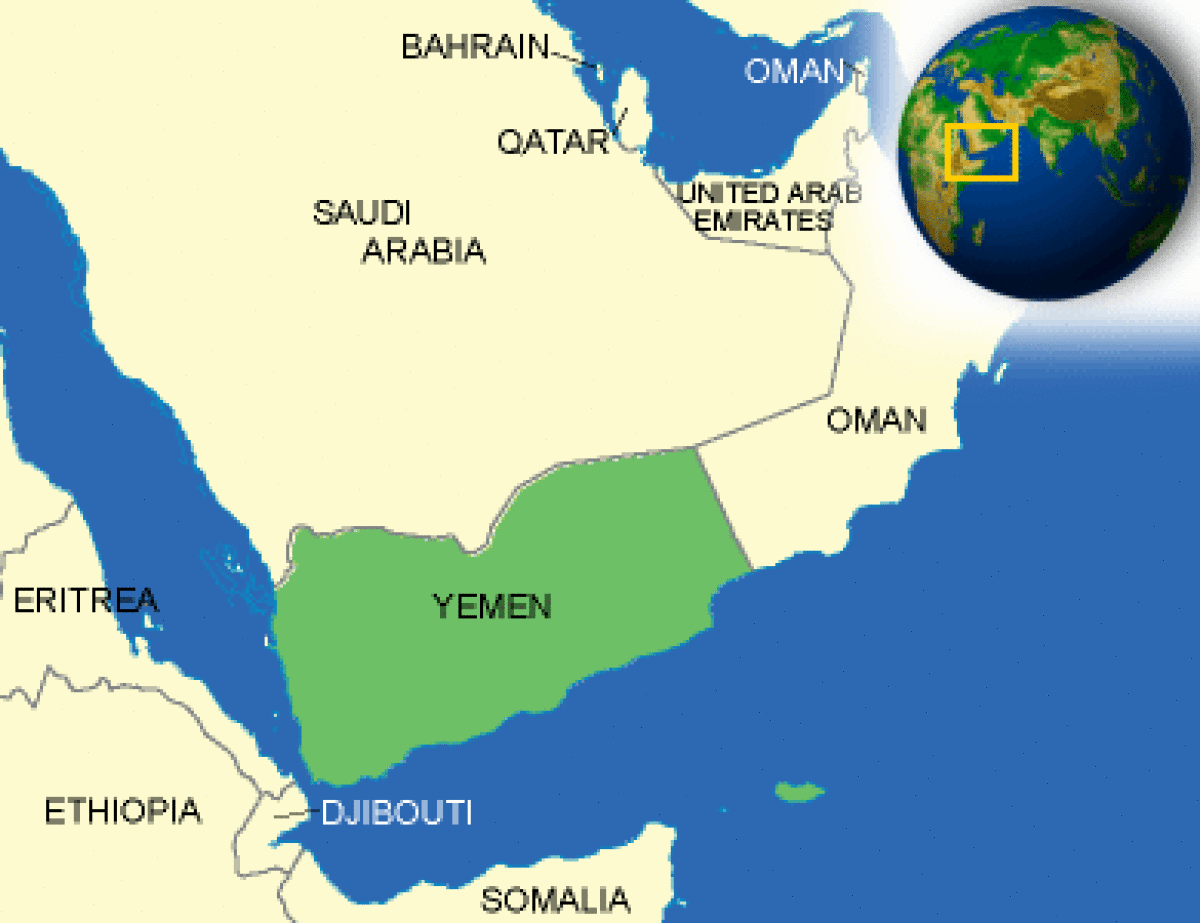
Yemen’s Main Trading Partners
Yemen, a country located in the Arabian Peninsula, has a trade economy that is significantly influenced by its geopolitical situation, natural resources, and ongoing conflicts. The country mainly exports oil and agricultural products while importing essential goods like food, fuel, machinery, and manufactured products. Yemen’s trade partners include regional and international countries that contribute to its economic activity.
Main Export Partners
Yemen’s economy has historically relied on crude oil exports, but due to the ongoing conflict and reduced production, oil revenues have declined significantly. However, the country still trades with several key partners:
1. China – China has been a major buyer of Yemeni crude oil. The country remains a strong economic partner, although oil exports have been affected by the war.
2. Thailand – Thailand is another important destination for Yemeni oil and other raw materials.
3. Malaysia – Like China and Thailand, Malaysia has historically imported oil from Yemen.
4. United Arab Emirates (UAE) – The UAE is involved in trade with Yemen, particularly in food products and construction materials.
5. India – India imports some Yemeni products, including seafood and oil when available.
Main Import Partners
Due to its dependence on imports for essential goods, Yemen relies heavily on trade partners to supply food, fuel, and industrial products. The top import sources include:
1. United Arab Emirates (UAE) – The UAE is a major supplier of food, fuel, consumer goods, and construction materials to Yemen.
2. Saudi Arabia – As Yemen’s northern neighbor, Saudi Arabia provides aid and imports essential goods such as fuel, wheat, and medicine.
3. China – China exports manufactured goods, electronics, textiles, and machinery to Yemen.
4. Turkey – Turkey supplies food products, textiles, and other consumer goods to Yemen.
5. India – India exports rice, wheat, medicine, and industrial products to Yemen.
6. Oman – Due to its proximity, Oman is an important trade partner for Yemen, particularly for fuel and food supplies.
Trade Challenges
Yemen’s trade relationships are severely impacted by its ongoing civil war, economic instability, and logistical challenges. The conflict has disrupted production, port activities, and transportation networks, making imports more expensive and exports less consistent. Despite these challenges, international organizations and trade agreements help sustain Yemen’s economy through humanitarian aid and commercial trade.
Conclusion
Yemen’s trade is highly dependent on imports due to its fragile economy. Countries like China, UAE, Saudi Arabia, and India play a crucial role in supplying essential goods. While oil exports once dominated trade, the ongoing conflict has led to a decline in exports, making Yemen increasingly reliant on imports for survival.




Leave a Reply